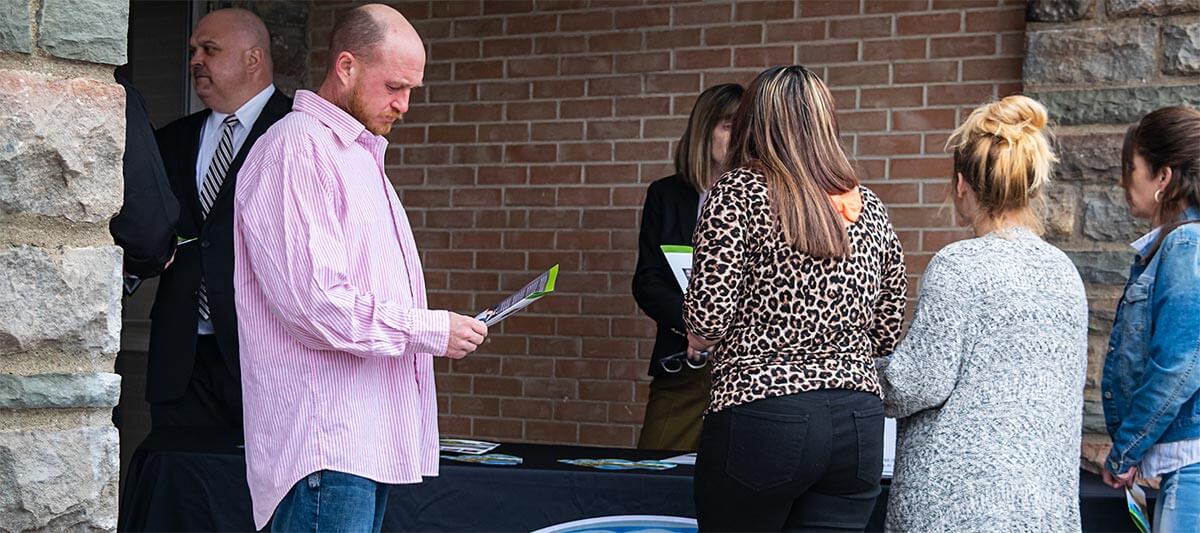Family Program
Helping the family heal together
Here at Lakeside NEPA Inc., we believe one of the most important components to the journey of recovery should also consist of helping the family heal together as a unit. We believe that by doing so, we give the alcoholic/addict the highest probability for long term success in their recovery.
You may be wondering, “Why is it so important for the family member? They’re the one with the problem, not me.”
While the family member may not be the individual with the substance use disorder themselves. The effects of substance abuse do in fact cross over into the lives of all who are in contact with the user, awakening fear, resentment and hopelessness for both the user and their loved ones. The disease of addiction is absolutely a family disease, and we believe that to leave out the pain and suffering that the users loved one’s experience would be to leave the topic somewhat incomplete.

Family members who have lived with those in addiction often experience many of the same painful emotions that the user themselves feel.
While the addict is certainly suffering, it cannot be forgotten that those who love them the most also endure much of the suffering brought on by this disease.
Addiction is by no means a reflection of the home that the sufferer was raised in. It does not discriminate. It doesn’t care who you are. It knows no social, economic or religious bounds. Secondly, you cannot blame yourself for your loved one’s addiction, and you, alone, cannot stop it.
It’s quite common that the patient coming to us for treatment is not the only person in need of help. During our Family Program, loved ones can begin to address how they have been affected by addiction.
Common feelings and behaviors among family members include:
- Guilt
- Enabling/Codependency
- Control
- Blame
- Anger/Resentment
- Sadness/Grief
- Hopelessness
- Helplessness
- Fear
- Denial
- Shame
Make this time the time to be part of the solution, for both yourself and your loved one. When the entire family participates in the recovery process, they learn how to become supportive members in the patient’s recovery and future. More importantly, families can begin to heal from the emotional turmoil, ultimately finding peace and happiness for themselves and their homes once more.
